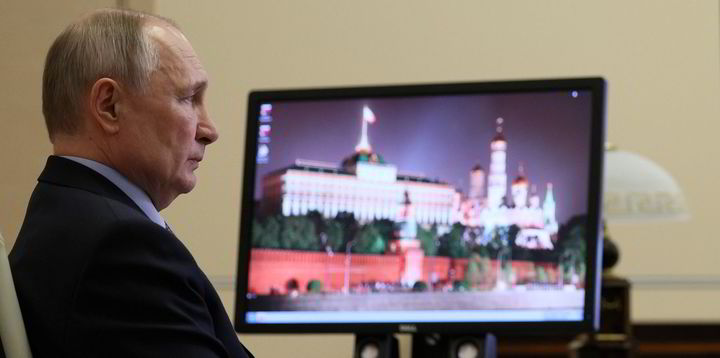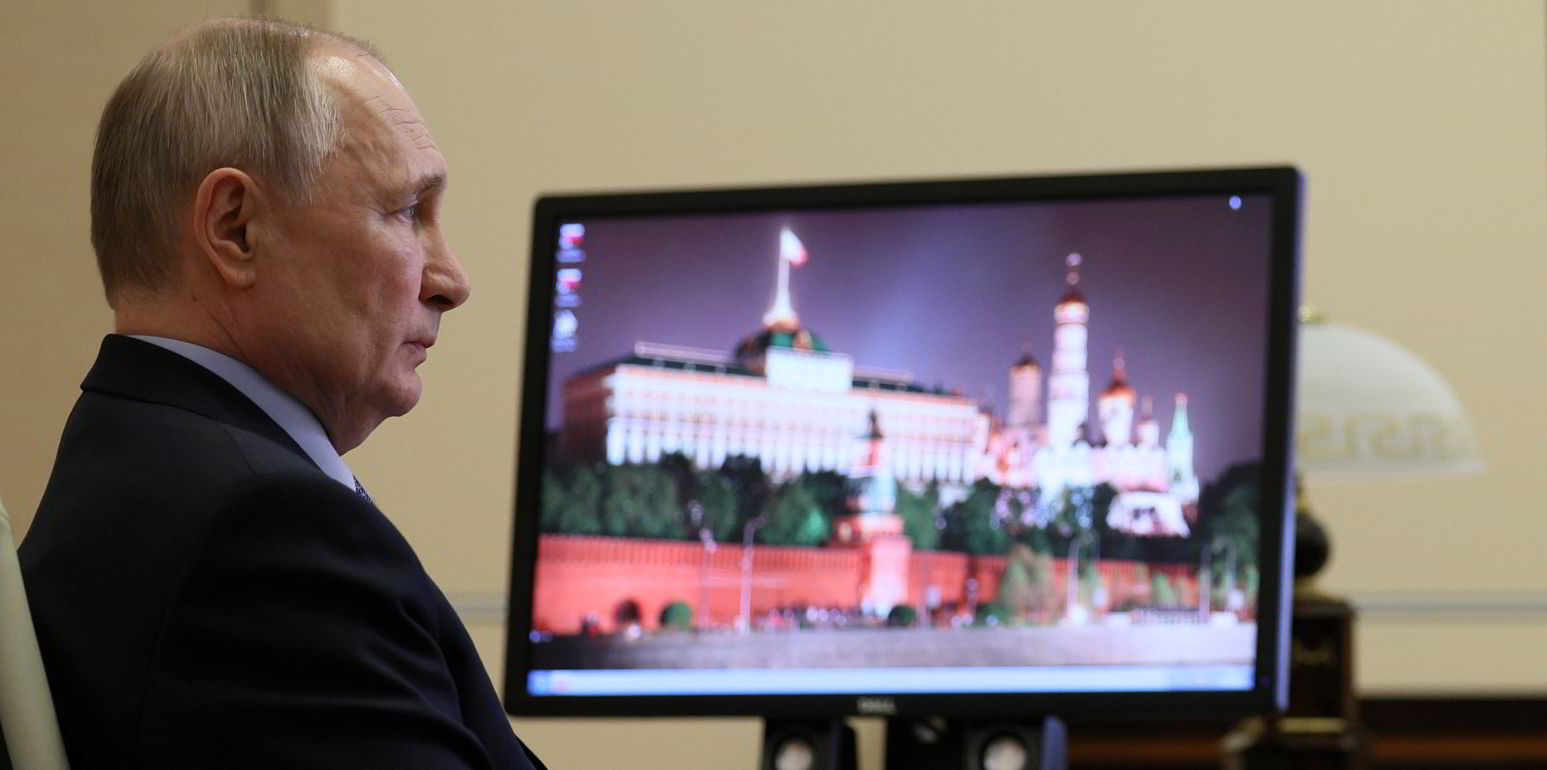Russia’s President Vladimir Putin has signed a decree that paves the way for Russian authorities to seize assets still held in the country by Western companies.
A document published by the Kremlin on Tuesday said that authorities can select and put under “temporary” state management Russian assets and holdings of companies from “unfriendly states” in response to cases where Russian-related assets or funds to have been seized or confiscated overseas.
The assets and funds in question may belong directly to the Russian government, state and privately held Russian companies or Russian nationals, the document said.
Additionally, Moscow may decide on seizures if actions by authorities of “unfriendly states” endanger broadly defined “national, economic, energy and military security” interests of Russia.
Last year, Moscow created a list of so called “unfriendly states”, placing in the list European Union nations, the US, Japan and other countries that have introduced or suppored sanctions against Russia and its corporations in response to the country’s invasion in Ukraine.
European Union nations and the US have reportedly discussed ways of fast-tracking the aproppriation and sale of Russia-related assets that remain frozen since February 2022, when the country invaded Ukraine.
Article continues below the advert
Proceeds from such sales would be earmarked to help Ukraine’s reconstruction efforts following waves of Russian attacks against the country’s infrastructure and civil housing.
Some $300 billion of Russian Central Bank foreign currency holdings have reportedly been frozen in the US alone, while Europe has stepped up efforts to identify and locate Russian assets across the continent.
So far, only Germany’s Uniper and Finland’s Fortum have seen their equity interests in two Russian power utilities placed into Russian trusteeship under the new powers, but expropriation orders have been issued under pre-existing powers.
Western majors withdrawing from their Russian oil and gas projects last year either transferred their interests to former Russian partners, or saw interests expropriated by executive order.
Supermajors ExxonMobil and Shell have lost their stakes in the Sakhalin offshore developments in the far east of the country, and Germany’s Wintershall Dea has withdrawn from gas-producing ventures with Gazprom in West Siberia.
Kremlin clarification
“The decree adopted is a response to the aggressive actions of unfriendly countries,” Kremlin spokesman Dmitry Peskov said during his regular call with reporters on Wednesday, according to Reuters. “This initiative mirrors the attitude of Western governments towards foreign assets of Russian companies.”
Putin’s decree “does not deal with property issues and does not deprive the owners of their assets. Because external management is temporary and only means that the original owner no longer has the right to make management decisions”, he said.
“The main purpose of the decree is to form a compensation fund for the possible application of reciprocal measures in response to the illegal expropriation of Russian assets abroad,” he concluded.
French and Japanese interests
French major TotalEnergies has halted new investments in Russia but retained its stakes in the country’s largest gas independent, Novatek, and the Yamal LNG and Arctic LNG 2 liquefied natural gas projects, as well as the Arctic Transshipment venture.
Japan’s companies Sodeco, Mitsui and Mitsubishi agreed to the Kremlin’s offer to take back their respective shareholdings in Sakhalin 1 and Sakhalin 2 projects after Russian state expropriation of the project’s assets.
Japanese officials have said Russian hydrocarbon supplies remain important for energy security.
TotalEnergies had not replied to Upstream’s request for comment by the time of publishing.

